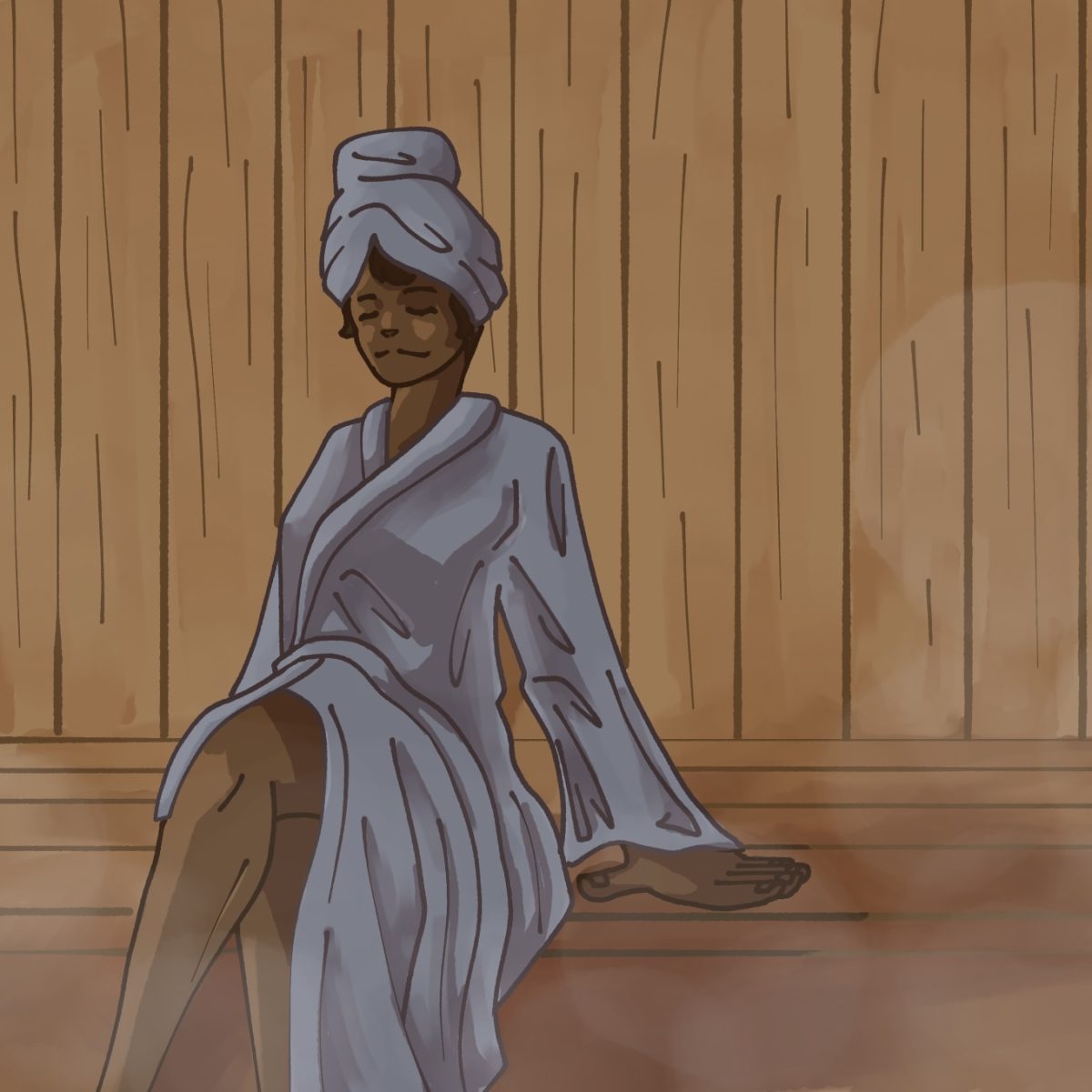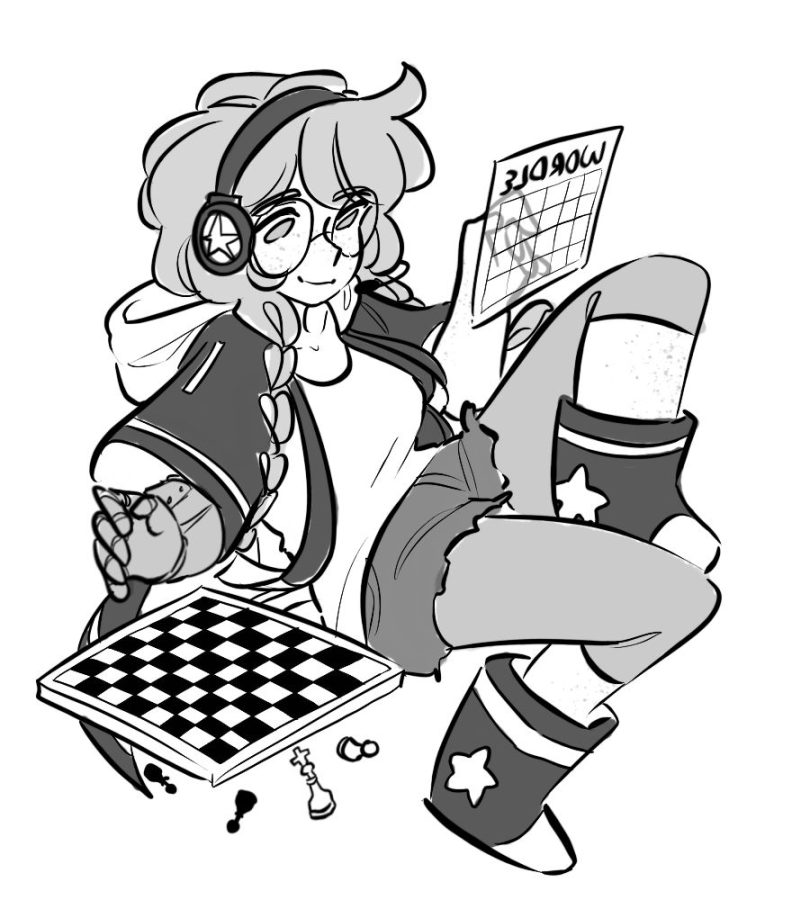The Rise of Educational Games Among Teens
March 24, 2023
Generation Z is known for consuming and pioneering new technologies. As a generation of kids that have grown up alongside the widespread expansion of entertainment technology, it is unsurprising that many teenagers turn to video games as a pastime. It is more unusual than not to see at least a couple of teenagers playing some sort of mobile game at home, on the bus or even in class.
Owen Quist, ‘24, commented on the appeal of playing mobile games.
“Sometimes [people] need detachment from school,” Quist shared, demonstrating how these games are not only fun for students but also a way for students to unwind after a stressful day of school.
Quist’s favorite game at the moment is chess, appreciating the “variation” that accompanies chess, as he stated there are “trillions of different ways to play the game.”
For many mobile games, their value comes from the strategy and intellectual stimulation required to succeed at them. Educational games that require players to solve problems, such as chess, Wordle and 2048 are becoming increasingly popular among students. Chess, especially, has recently experienced a significant surge in popularity. The popular online chess platform “Chess.com” attributed this phenomenon to several factors, most notably the release of Netflix’s The Queen’s Gambit, which popularized chess among fans of the show.
Several Minnetonka students have joined the movement of playing educational games and puzzles. Anna Schoshinski, ‘24, shared that, while she plays all types of games, her favorite is the New York Times sudoku.
When asked whether she thought this trend of educational games would last, Schoshinski answered, “I think educational games will stay, and new ones will evolve…they’ll always be around.”
While some students are just recently discovering the appeal of educational games, Judah Gardner, ‘23, has been enjoying brain games long before they became popular.
“I grew up with a lot of siblings,” Gardner explained, “and a lot of [times] on a family road trip or at my grandma’s house, we’d grab a word search.”
Gardner commented on the intellectual benefits of playing educational games.
“I do think that there are certain values,” she acknowledged. “I don’t necessarily play the games for that, but over time, when you’re using your brain in that way, it helps sharpen those skills, [even if] you don’t really notice it happening.”
Video games and online games have been around for a significant amount of time and have become an important recreational activity. Today’s gaming industry is appealing to the younger generations more and more as they search for ways to unwind after a long day at school. While it is a traditionally-held belief that video games do not serve any real purpose in the brain development of teens, the rise of educational online games is proving an entertaining and intellectually stimulating way for teenagers to develop critical thinking skills outside of a classroom environment.































